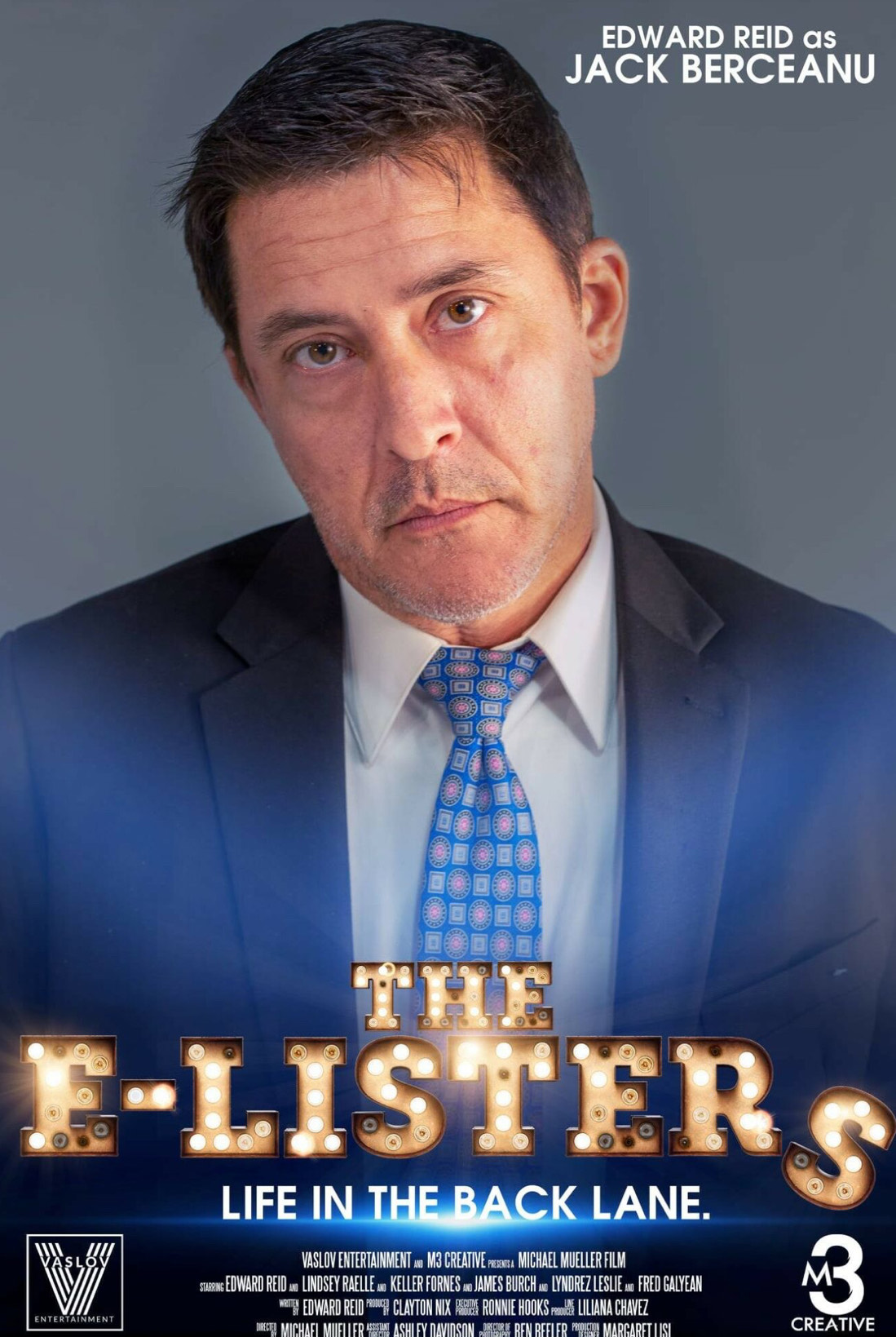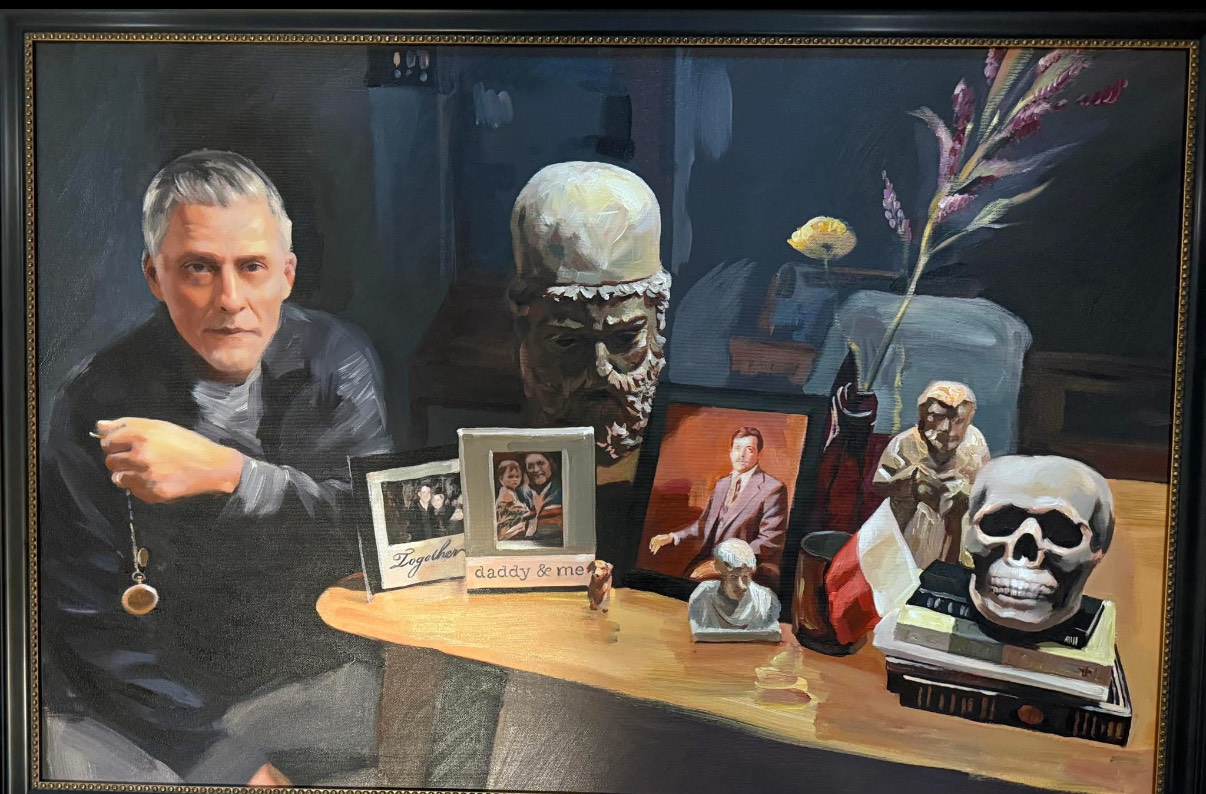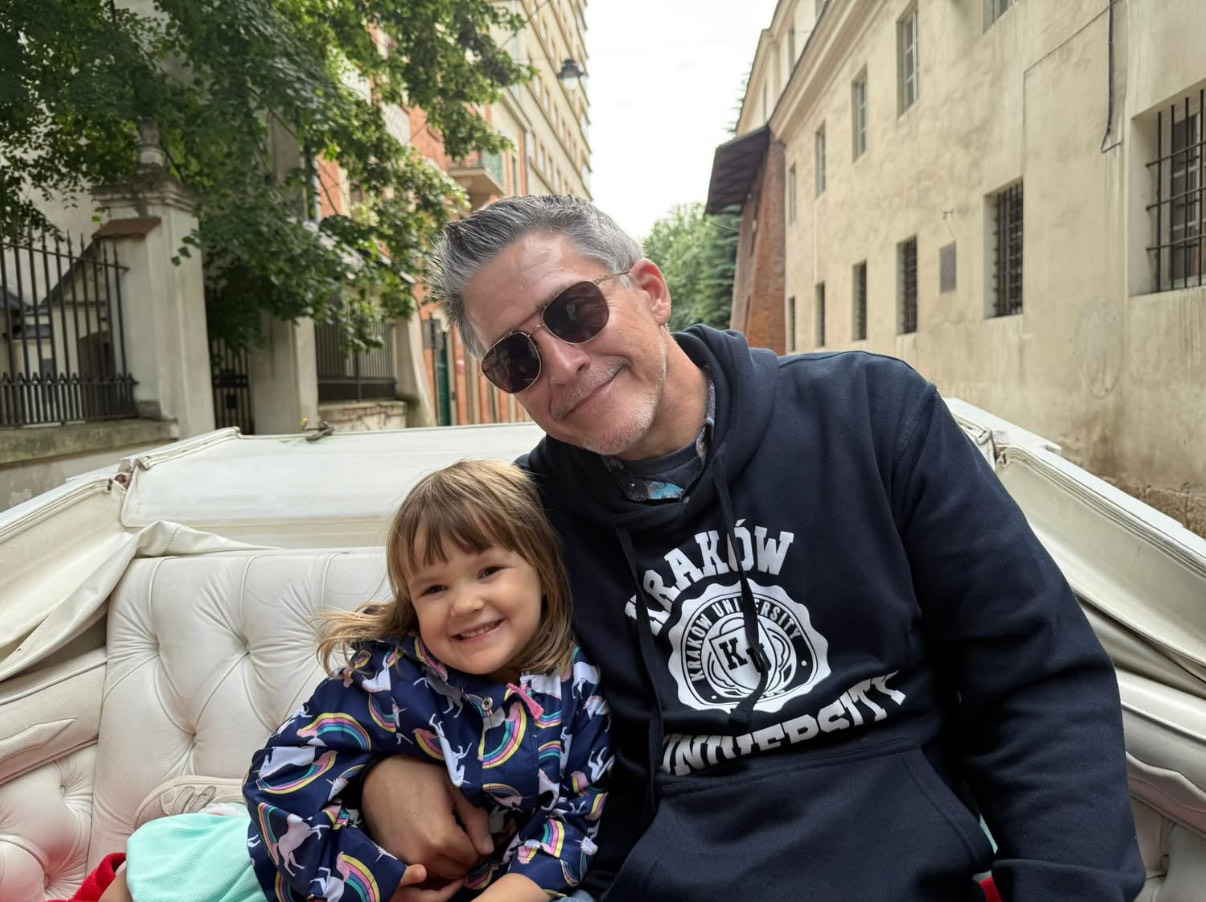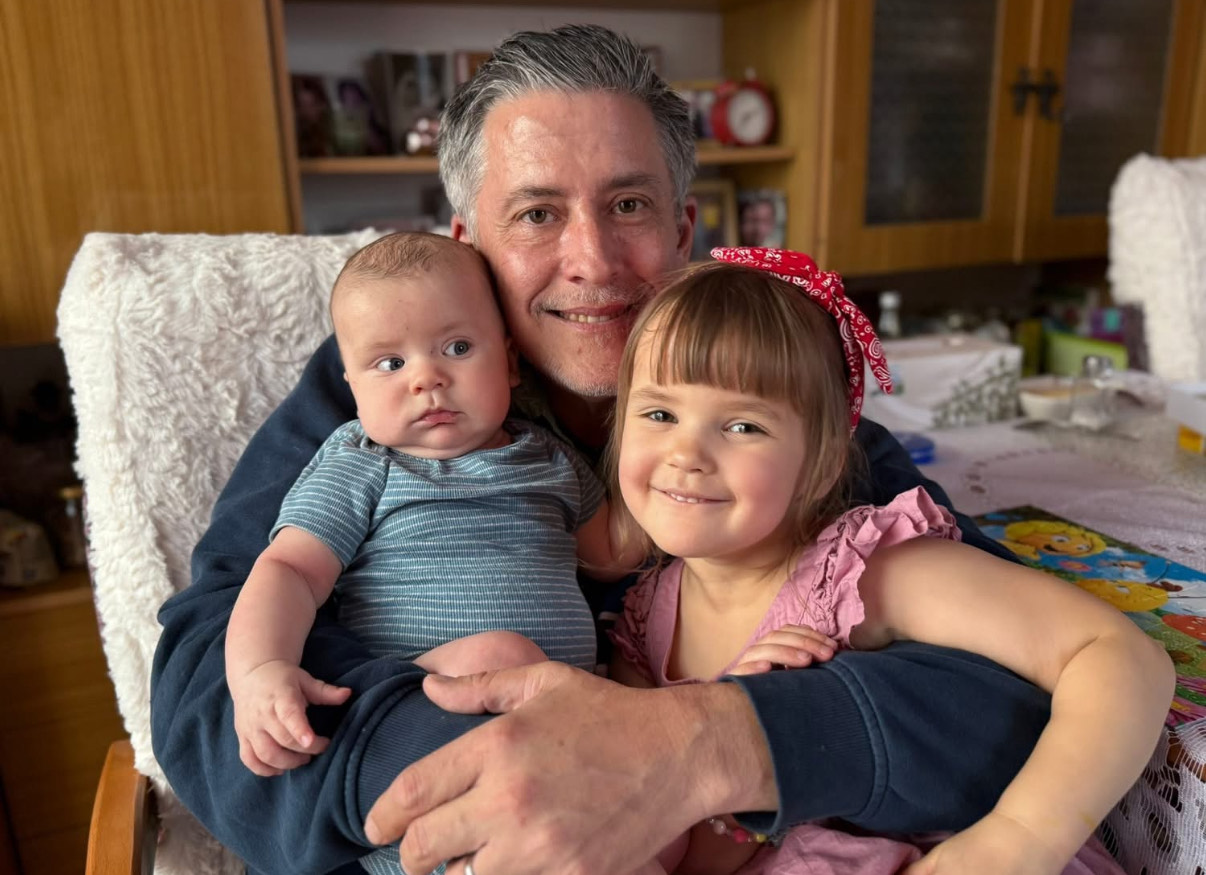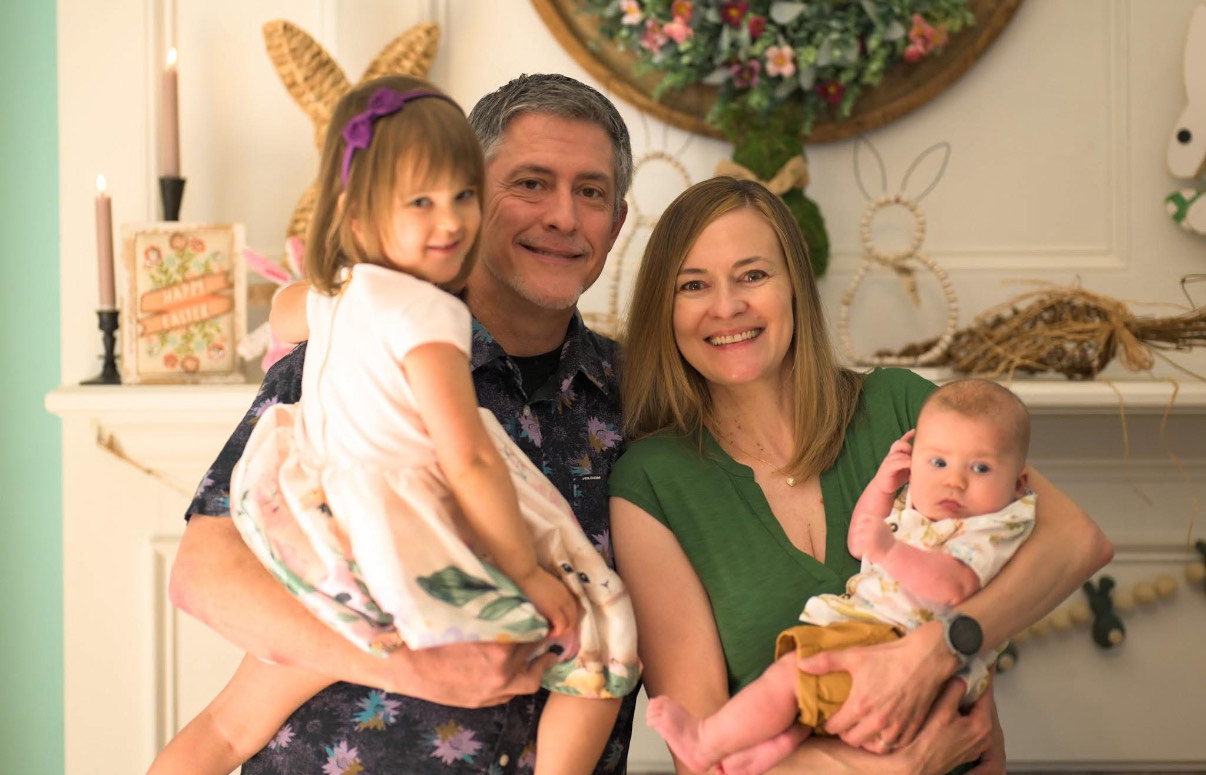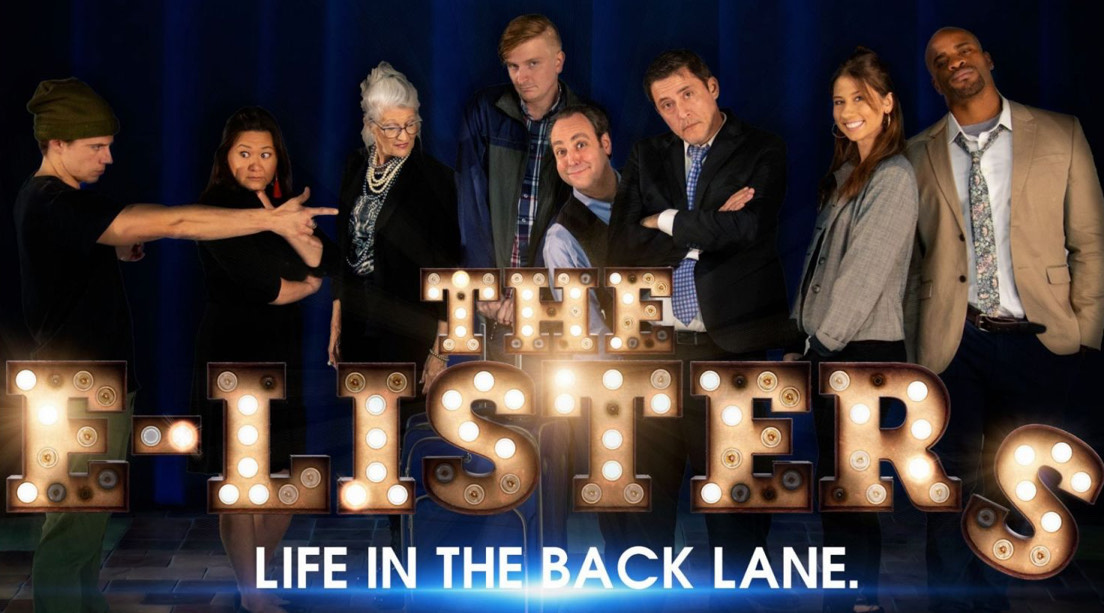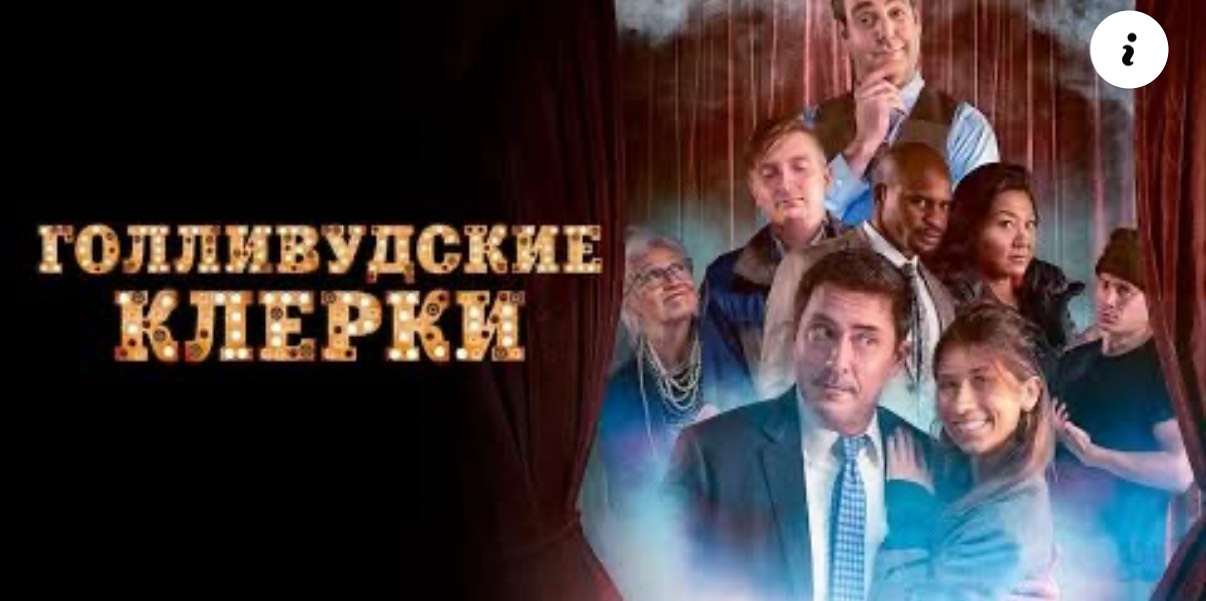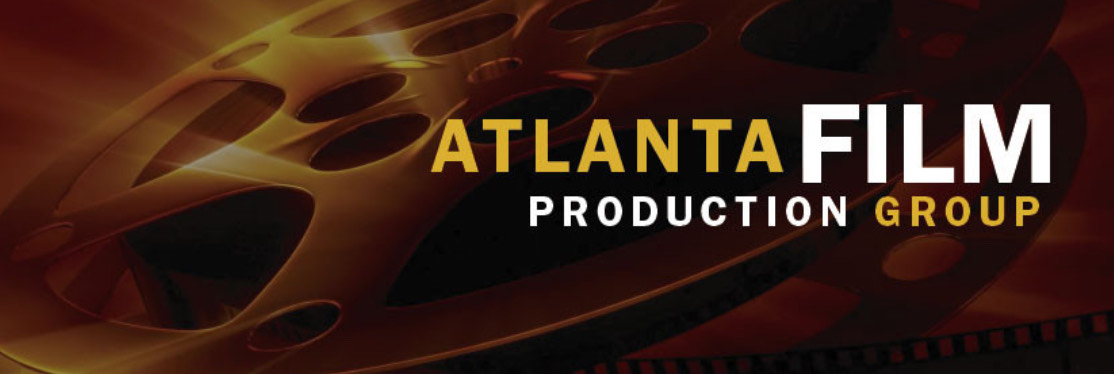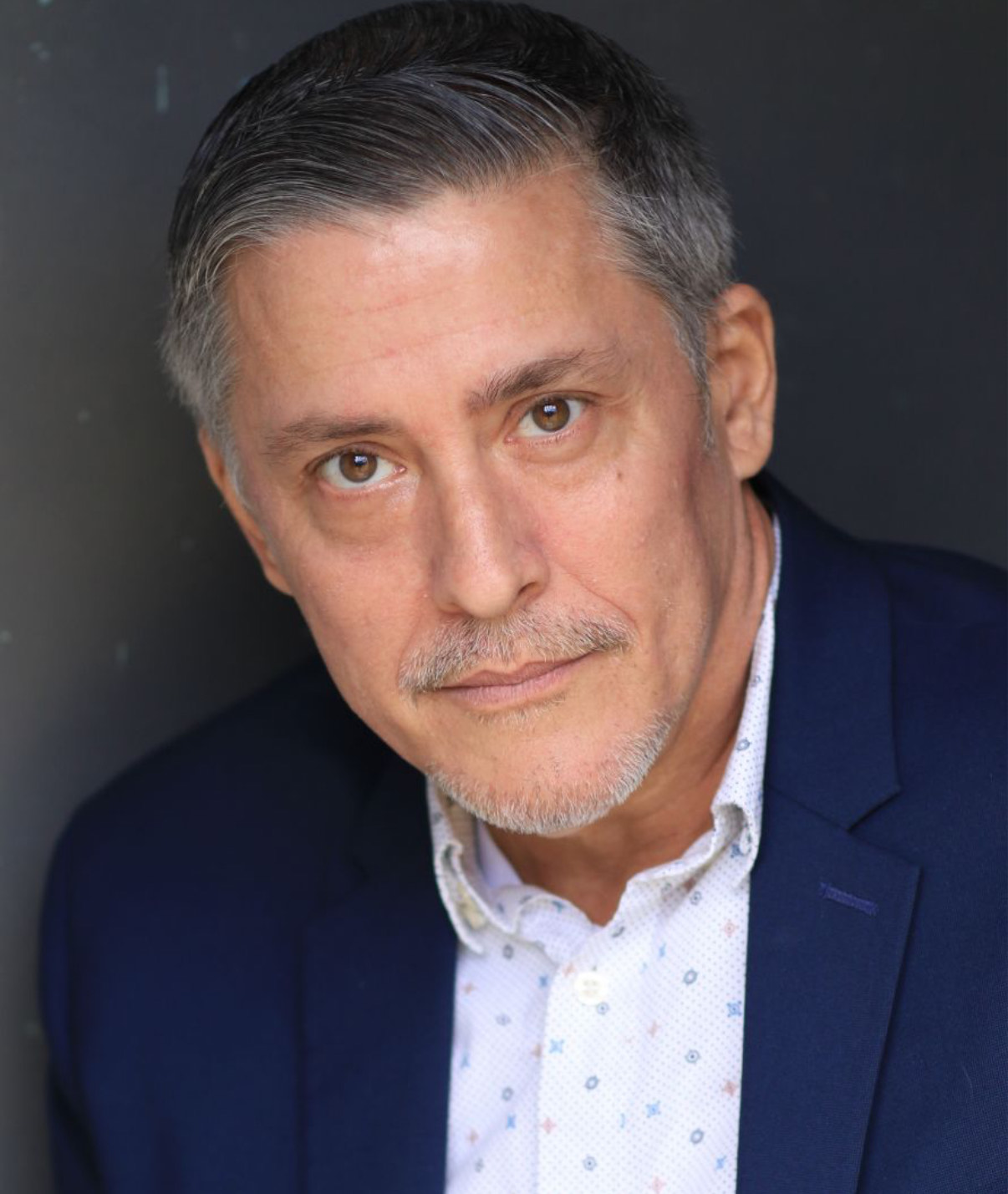

We’re looking forward to introducing you to Edward Reid . Check out our conversation below.
Good morning Edward , it’s such a great way to kick off the day – I think our readers will love hearing your stories, experiences and about how you think about life and work. Let’s jump right in? Have any recent moments made you laugh or feel proud?
The moments that make me feel proud are when people—often the children or grandchildren of those who lived through terrible times—thank me for bringing their history and their suffering into the public eye. I focus much of my work on Polish history, particularly during the Second World War, where so much victimhood has either been forgotten or distorted. To know that my work gives dignity to those voices and ensures that their sacrifices and suffering are not erased is deeply meaningful to me. Those messages of gratitude remind me why I do what I do, and they are moments that make me feel both proud and profoundly humbled.
Can you briefly introduce yourself and share what makes you or your brand unique?
I have never been able to define myself by just one career path, as my life has taken me through many fields that reflect both my curiosity and my passions. I was an early investor in AI technology, which provided me with financial stability and the freedom to pursue work that matters deeply to me. I’ve been an educator at every level—from elementary classrooms to university lecture halls—teaching subjects as varied as English philology in Poland, art appreciation, and European history.
In the world of entertainment, I’ve written and produced several films, including one that reached international distribution, and I founded the largest film collaboration group in the Southeast, the Atlanta Film Production Group. Through it, countless filmmakers have connected, collaborated, and created projects that may never have existed otherwise.
As a historian, I specialize in and advocate for Polish history, a field that is both vital and too often overlooked or distorted. Having lived and taught in Poland, I’ve dedicated much of my work to preserving memory and bringing untold stories to light. I also share this work through social media channels on Twitter and Facebook, where I’ve built a community engaged in conversations about history, truth, and remembrance.
Above all, I am a proud father. My daughter Emilia, age four, and my seven-month-old son Teddy, give my life more meaning than any career ever could. They are the legacy I cherish most.
Thanks for sharing that. Would love to go back in time and hear about how your past might have impacted who you are today. What’s a moment that really shaped how you see the world?
A moment that shaped how I see the world came when I was 32 and had just rented a small house. An electrical problem caused a fire that burned the house down, and since I had not yet taken out renter’s insurance, I lost everything—my book and record collection, antiques, musical instruments, all of it gone in one night. All I had were the clothes on my back.
At the time I was teaching at a college, and my students came together to donate and help me, even though accepting their generosity was difficult for my pride. As I stayed with friends and tried to piece my life back together, I realized that this moment of devastation also held within it a turning point. Viktor Frankl wrote, “When we are no longer able to change a situation, we are challenged to change ourselves.” That truth became my own.
The fire had taken away my possessions, but it gave me a new kind of freedom—the chance to redefine my life. I chose to go to Poland, a country I had long studied and respected, and there I discovered not only a culture and people I grew to love but also the extraordinary, often overlooked story of their suffering and resilience. It became my mission to share this history with my own countrymen, to give voice to what had too often been forgotten.
Poland also gave me my wife, and later our children. What began as a moment of loss became the foundation of an entirely new life. The fire took everything I owned, but it gave me independence, direction, and ultimately love.
What have been the defining wounds of your life—and how have you healed them?
One of the defining wounds of my life has come from my work as a historian. People may not realize this, but writing about history is not only intellectual, it is deeply personal and often emotional. When you tell difficult truths, there will always be those who lash out, defame, or even fabricate lies in order to discredit you. I did not fully grasp, until my work grew more widely known, just how far some would go in their hostility toward Polish history and those who defend it.
As someone who values integrity and honesty, it was both discouraging and disheartening to face harassment, censorship, and the deliberate twisting of words. I have always believed that even with those I disagree with, I would never stoop to fabricating attacks, and so it was painful to encounter such tactics from others.
What has healed me and kept me going are the personal messages I receive from people who lived this history or whose families suffered through it. Many of them endured life behind the Iron Curtain, where to speak the truth would have meant imprisonment. They thank me for bringing their stories to light, for making sure their suffering and their resilience are not erased. Those messages remind me that my work matters.
If telling factual history offends some, and if their response is to attack rather than engage, I have learned that is a reflection of them, not of me. I know the truth, and I trust that God knows the truth as well. That conviction gives me the strength to continue.
So a lot of these questions go deep, but if you are open to it, we’ve got a few more questions that we’d love to get your take on. Where are smart people getting it totally wrong today?
mart people often get it wrong today in the same way people have for centuries—by chasing appearances, comparing themselves endlessly, and living behind a façade of success and wealth. The temptation to “keep up with the Joneses” is not new, yet in our modern age of social media and constant visibility, it has become even more pervasive. Too often, intelligence is bent toward signaling status rather than cultivating character.
The Stoics (I’m also involved in philosophy) remind us that the real measure of a life is not what we own or how others perceive us, but how we live in truth. Marcus Aurelius wrote, “It never ceases to amaze me: we all love ourselves more than other people, but care more about their opinion than our own.” Chasing external validation leaves us hollow, while living with integrity fills us from within.
There is nothing wrong with having wealth; the Stoics themselves did not glorify poverty. What matters is how wealth is pursued, and more importantly, how it is used. Seneca put it simply: “Wealth is the slave of a wise man, the master of a fool.” When wealth is directed toward generosity, toward uplifting others, and toward creating opportunities, it becomes a noble tool. When it is sought only for display or comparison, it quickly enslaves the very person who claims to possess it.
What we need is a return to integrity, honor, and decency as the true markers of success. To live a life of character is harder than curating an image, yet it is also more enduring. In the end, a person who uses their gifts—whether wealth, knowledge, or influence—to serve others will leave behind a far greater legacy than one who only sought to impress.
Okay, so before we go, let’s tackle one more area. What is the story you hope people tell about you when you’re gone?
believe the greatest legacy a person can leave is through their children. As an older father, having just celebrated my 50th birthday with a newborn son, I am more aware of the brevity of life than I might have been if I were younger. With age has come a clarity of perspective, a recognition that ordinary, everyday moments often hold the most profound meaning.
I want my children to truly know me, not only through stories told by others but through my own words, my lessons, and my example. My life has been seasoned by both hardship and joy, and I hope they will inherit the wisdom I worked hard to earn. More than anything, I want them to know that they are loved fully, deeply, and without condition, that my love has no limits and will remain with them always.
When people remember me, I hope it is for my kindness, not only toward my children but to all people I encountered. I would like to leave behind a legacy of love, compassion, and integrity. As Dostoevsky wrote, “The soul is healed by being with children.” My children are my greatest gift, and if my story is remembered at all, I hope it is told as the story of a man who loved greatly and sought to live with decency, leaving behind more kindness than he found.
Contact Info:
- Linkedin: Edward Reid.
- Twitter: Edward Reid@ReidEdwardII
- Facebook: Edward Reid
- Youtube: https://youtube.com/@edwardreidpolishtruth
- Other: https://www.patreon.com/polishtruth
Medium.com/@edwardoreid (philosophy and self help)
